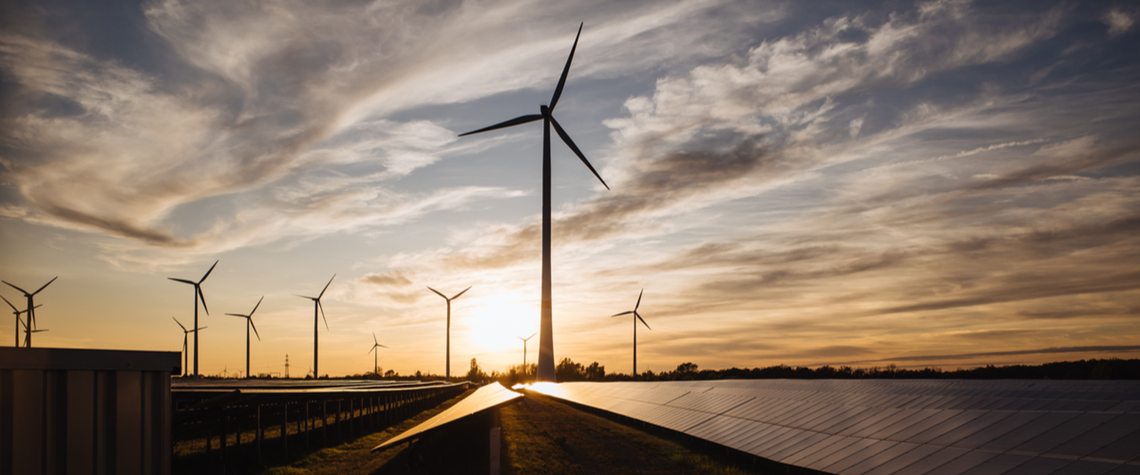Net-zero targets ‘inadequate’ to hit Paris goals – McKinsey
Faster shift away from fossil fuels toward efficiency, electrification and new fuels needed to keep 1.5°C pathway in sight, according to consultancy
Global warming is projected to reach 1.7°C by 2100—exceeding the goals of the Paris Agreement—even if all countries with net-zero commitments deliver on their aspirations, according to modelling in consultancy McKinsey’s Global Energy Perspective. Most major emitters have committed to net-zero goals, but more will need to be done in the near-term if the world is to stay within reach of the 1.5°C pathway laid out in Paris. “To keep the 1.5°C pathway in sight, even more ambitious acceleration is needed,” says Christer Tryggestad, senior partner at McKinsey. This means a faster shift away from fossil fuels toward efficiency, electrification and new fuels over the next few years. The report echo

Also in this section
9 January 2026
A shift in perspective is needed on the carbon challenge, the success of which will determine the speed and extent of emissions cuts and how industries adapt to the new environment
2 January 2026
This year may be a defining one for carbon capture, utilisation and storage in the US, despite the institutional uncertainty
23 December 2025
Legislative reform in Germany sets the stage for commercial carbon capture and transport at a national level, while the UK has already seen financial close on major CCS clusters
15 December 2025
Net zero is not the problem for the UK’s power system. The real issue is with an outdated market design in desperate need of modernisation







